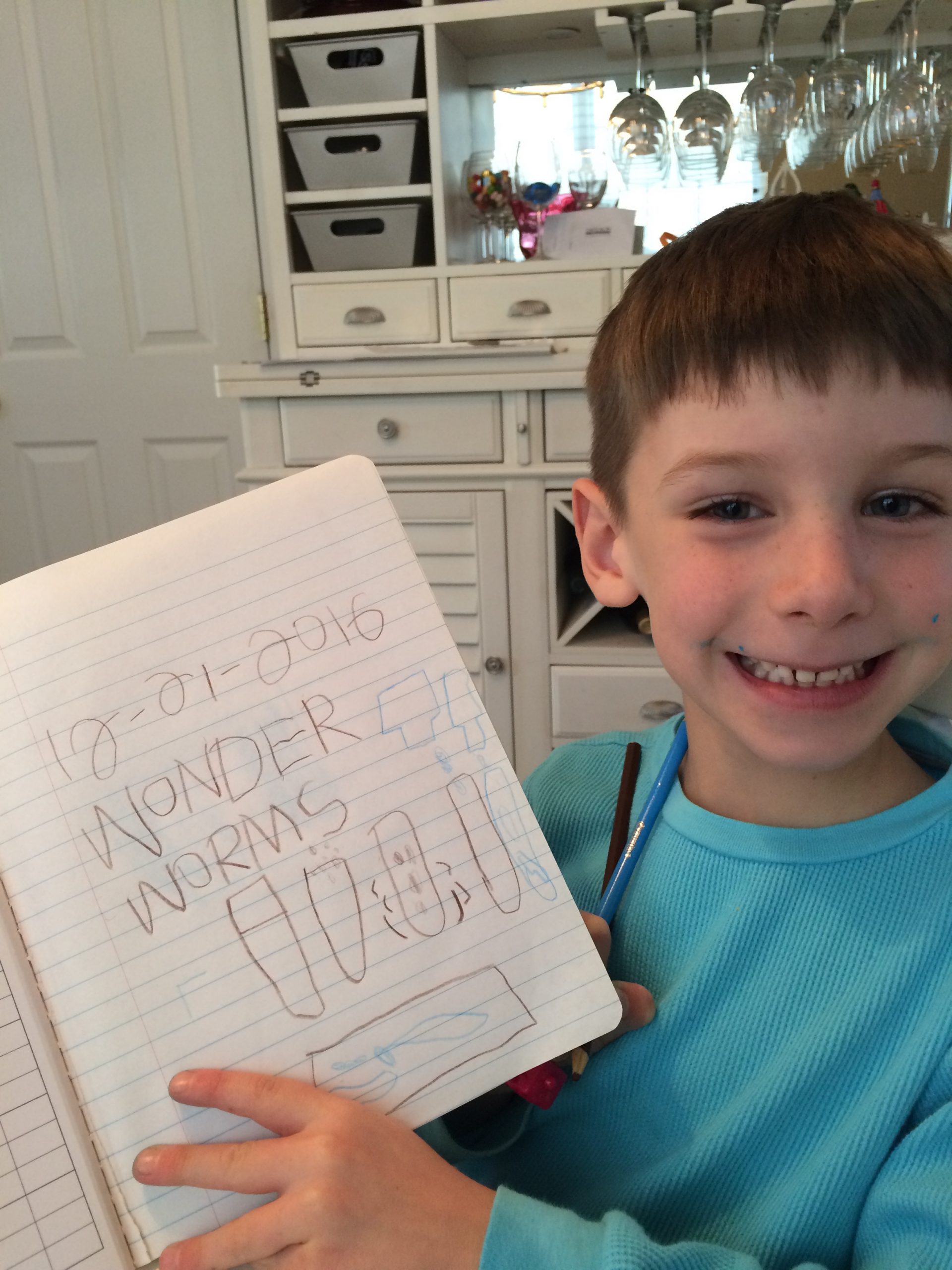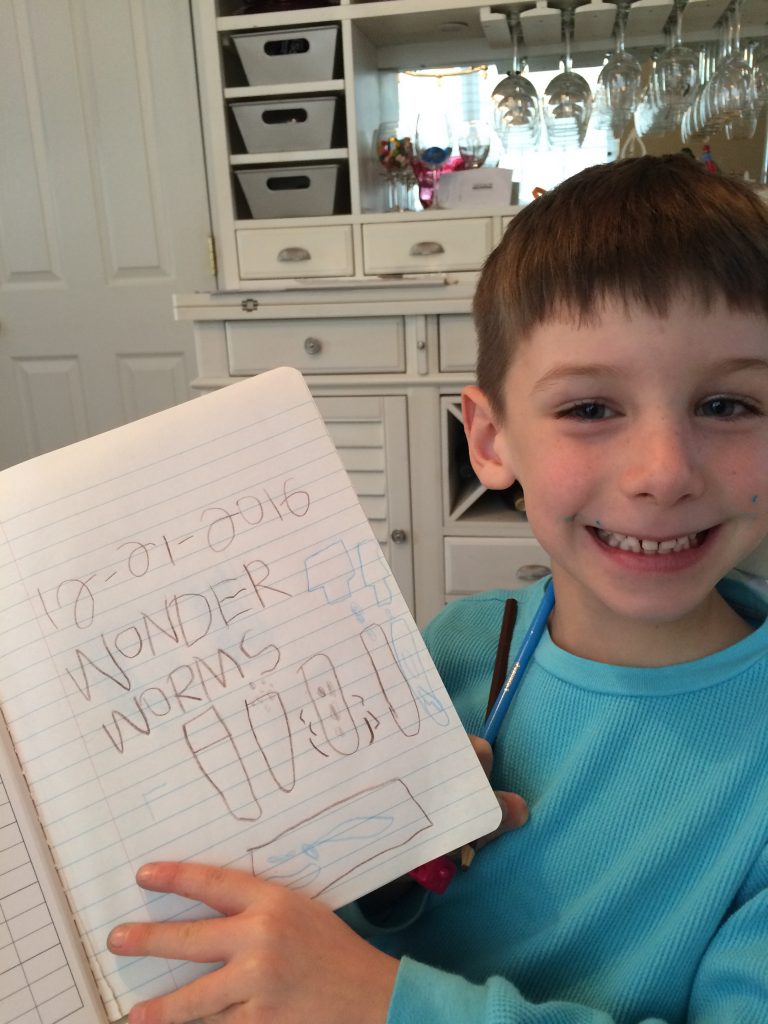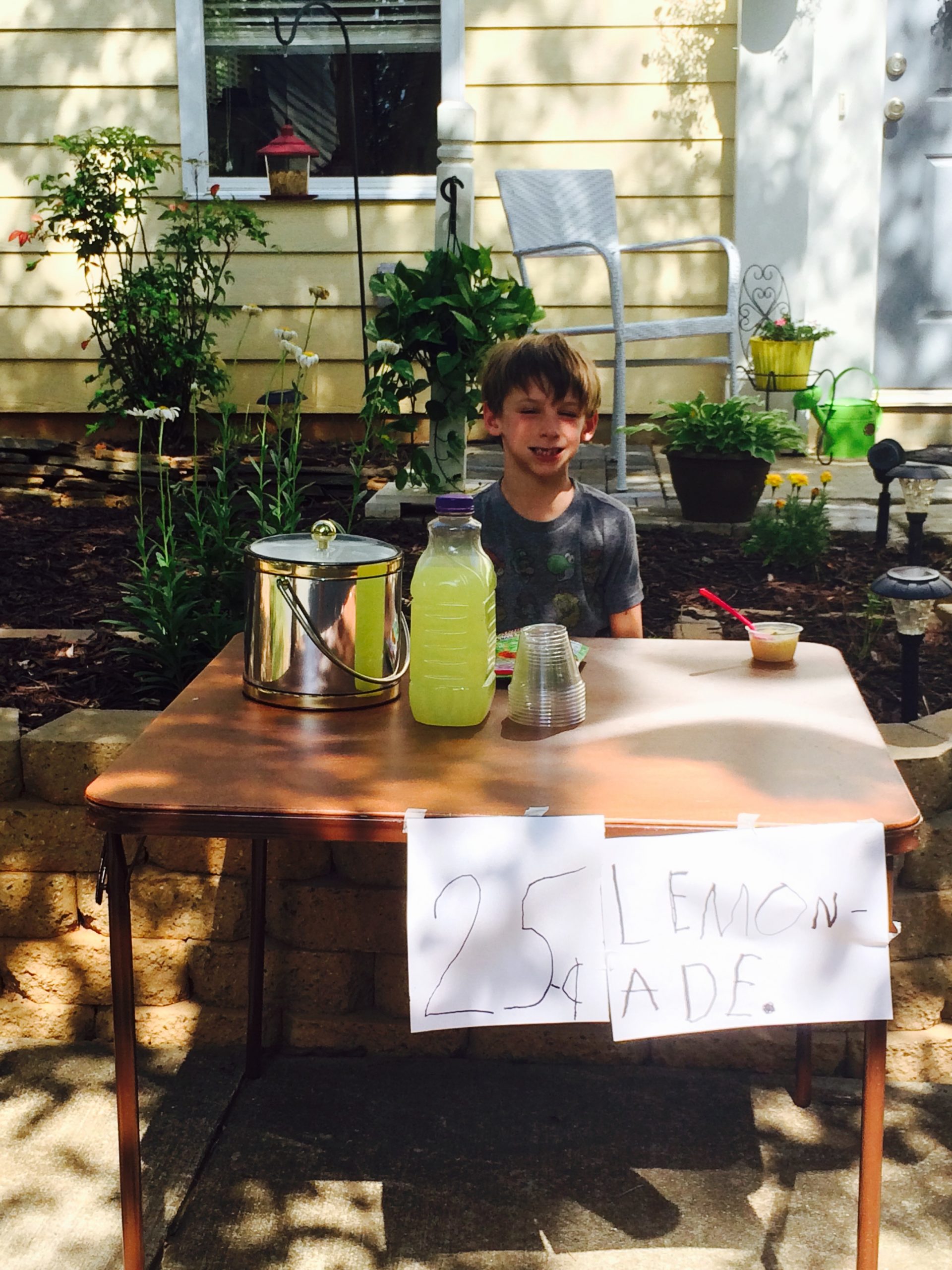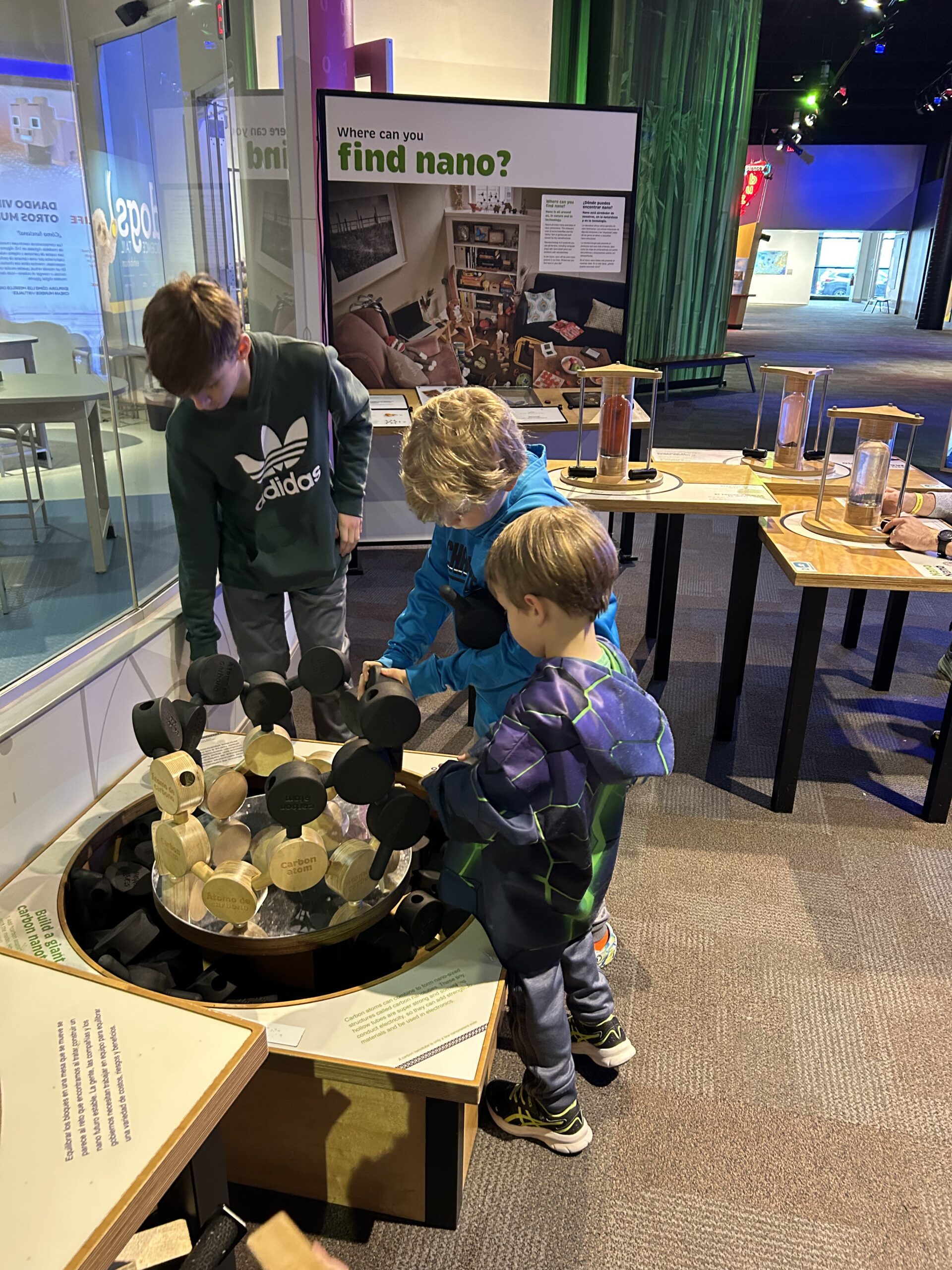Praise for children is something we all give. In fact, we love to praise children for their efforts. We tell them they are smart, we say ‘good job’, and we give them participation trophies for playing sports.
Praising young children can work in the short term because most children are hungry for our approval. However, exploiting that dependency is harmful and leads to constant adult approval. Therefore, children come to rely on adult evaluations or judgments. They must learn to rely on their own judgments.
Praise That Motivates

So, what do we need to do or say when students or children do something impressive? One solution is to just say nothing. Or, make a nonjudgmental comment and say what you saw. Simply, talk less and ask more questions.
As children are told ‘good job’ they become less secure. And, as this type of praise continues, children need constant praise from others. The claim of ‘good job’ takes the self-pride away in the accomplishment of the child’s learning. A positive judgment is just that; it is a judgment. For that reason, it’s best to let the child be happy with the self-accomplishment. Because, praise creates pressure that results in a loss of interest for risk taking.
Not all compliments are harmful. A true expression of enthusiasm is better than a desire for manipulation. Help children to meet success and not just obtain a reaction for adult approval. Parents and teachers must promote a child’s self-esteem. When you feel good about what your child or student accomplished, mention it. Comments that begin with ‘I really like the way you..’ works wonders. It tells something of meaning.
Brain research indicates that positive words put the center of the brain into action and builds resilience when faced with a problem. It is agreed that there are positive effects of praising children. However, it depends on the praise they receive. To motivate the child, congratulate the efforts. And, make it sincere.
![]()
Blog: praise



